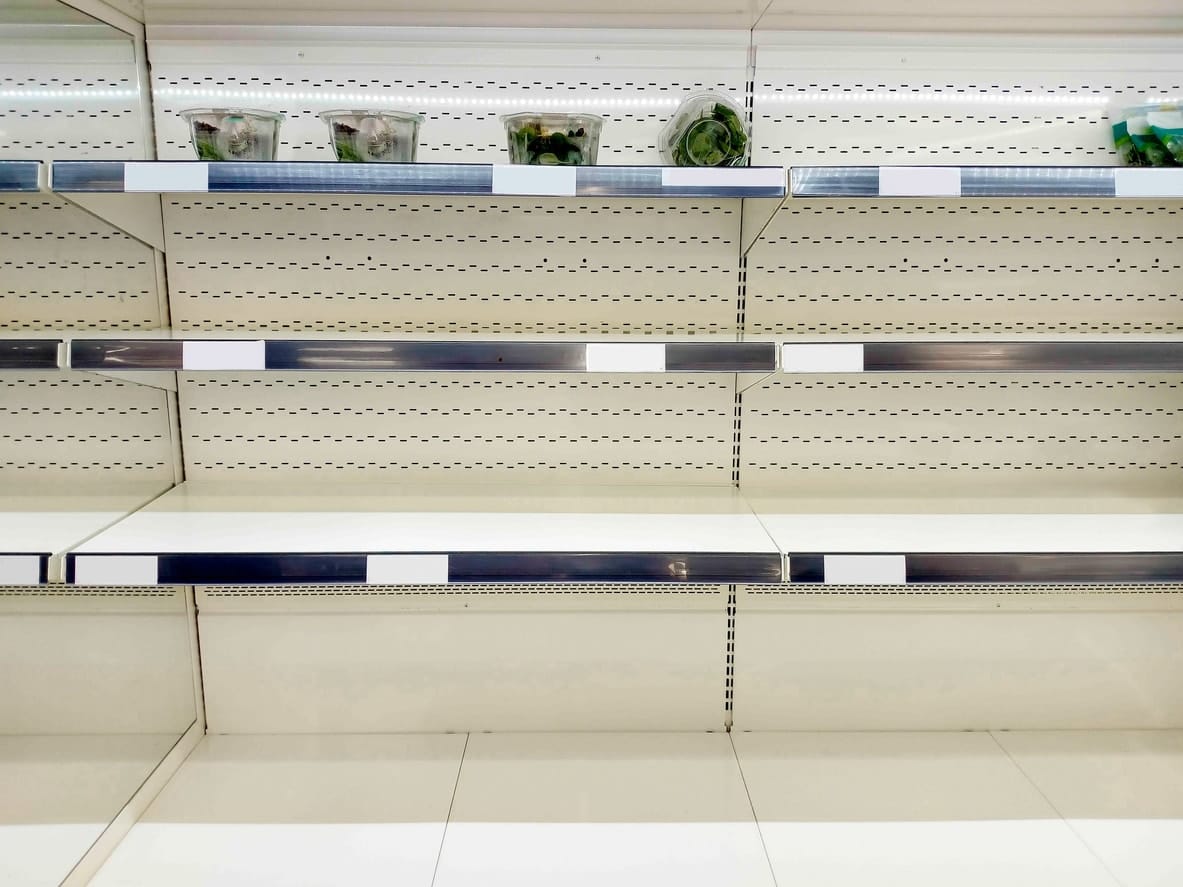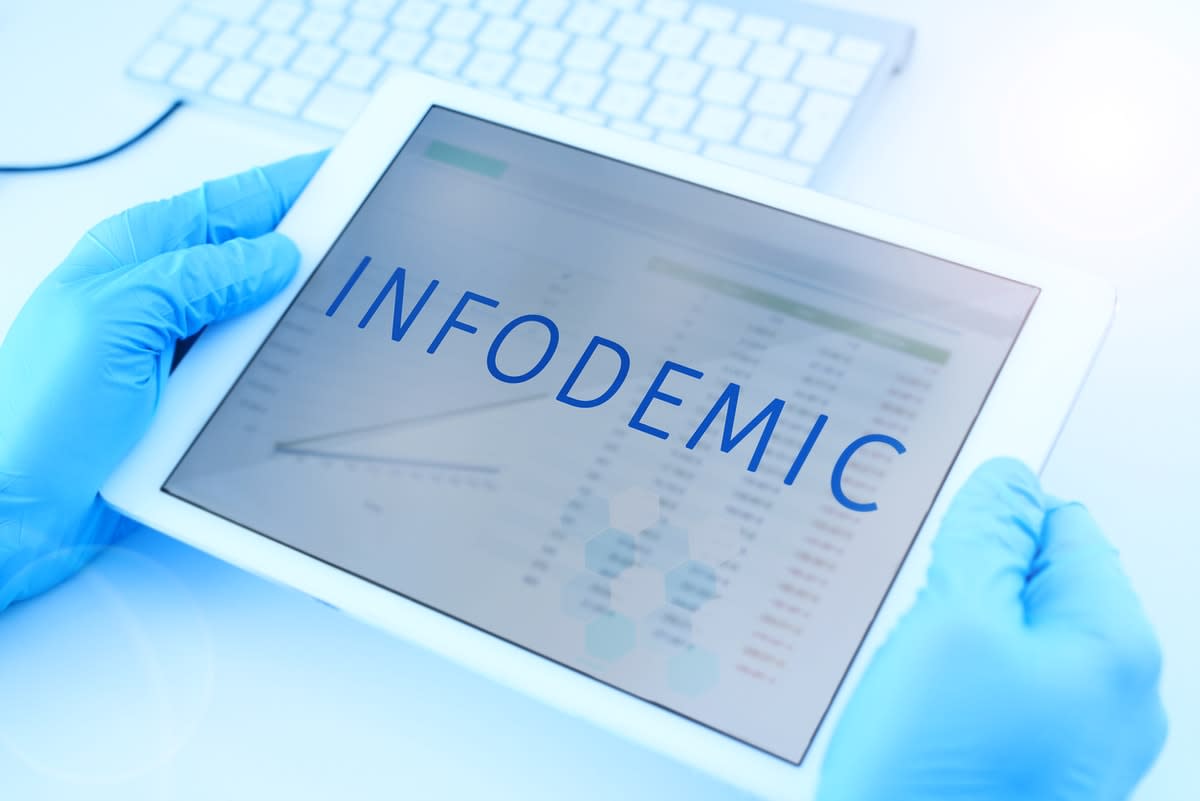
The public panic surrounding COVID-19 evident in Australia and other countries – notably the hoarding of food, toilet paper and other basic necessities – may be alarming. But it’s understandable given the uncertainties and fears that have accompanied a general decline of confidence and trust in authorities and credentialled experts.
This loss of trust, which has manifested to varying degrees in different countries, has been underway for the past few decades. However, surveys suggest a recent steep decline, corresponding with rapid social change and social polarisation accompanying the intensification of economic and social inequalities, and erosion of human rights.
Over the past four decades, governments have sought to prune the welfare state and shift responsibility for services and care onto individuals and families. The pursuit of neoliberal policies has served to undermine civil society and the social bonds upon which this is founded.
Growing right-wing populism in the US, Australia and other countries, with its politics of fear of the other and the closing of borders, has reinforced individualism and the tendency to adopt a fortress-like approach to everyday life.
Increasingly, citizens are expected to “live life like an enterprise”, “stand on their own two feet”, and not look to the state for “handouts” or forms of support that one could provide oneself.
The fictitious “market” is expected to fulfil social needs, which of course it hasn’t, and can’t, since the priority always is the economic bottom line.
Neoliberalism is most extreme in the US, where the healthcare system is ill-prepared for the predicted forthcoming tsunami of COVID-19 cases. Australia, while much better-positioned to weather the crisis, is also underprepared, since governments over the years have tended to prioritise expensive, commercially driven high-tech medicine over basic public health measures and primary care.
Onus on the individual
Individuals are expected to shoulder greater responsibility for tasks that would previously have been undertaken by the state or some other authority, or were not recognised as responsibilities at all.
This so-called responsibilisation encompasses all areas of life, including insurance, education, the management of risk, and health and healthcare.
Individuals are now expected to be responsible for “social distancing” to protect themselves from infection. But it’s as yet unclear what this means in practice in a complex society where, for example, close contact may be unavoidable or even undesirable – for example, by virtue of one’s employment, culture or religion.
An over-abundance of information, contributed by various claimed experts, can lead to “infodemic”, which may confuse audiences and heighten fears.
For those who are most vulnerable – the sick, the frail elderly, the disabled, the precariously employed, and the socioeconomically disadvantaged – the implications of a protracted COVID-19 pandemic will likely be profound.
These groups have been the big losers under neoliberal policies so far, and they may be least able to respond to the particular demands posed by pandemic control.
Thankfully, the onset of panic buying has prompted efforts to assist people in some of these groups, including plans for grocery drop-offs and early opening hours for elderly and disabled people at Coles and Woolworths.
Failure to tackle the core issue
However, as important as these initiatives are, they are at best Band-Aid measures. They fail to tackle the basis for a fundamental loss of trust in political authorities and, to some extent, experts, and citizens’ growing reliance on sources of information that may not be reliable.
While individuals may continue to consult experts of various kinds when caring for themselves and their families, they’re not always seen as the most credible and trusted sources.
Individuals are increasingly turning to the internet and social media, as well as personal contacts, for their information. However, the credibility of this information – in terms of being based on rigorous, verifiable evidence – is uncertain. It’s known that social media can produce an “ echo chamber” effect, where like-minded individuals share beliefs that may then be amplified and reinforced through a closed system.

Social media may not constitute an entirely closed system, since individuals tend to gain information from various sources, including print news media, family and friends. But the amplification effect that has been observed with social media is well-known with traditional print news media, with early framing of issues shaping subsequent coverage and responses.
As seen with the reporting of previous health scares, such as HIV/AIDS, and the SARS and H1N1 pandemics, media coverage plays an important agenda-setting role, and can quickly fuel fears and panic behaviours of the kind we’ve seen thus far, which may then prove difficult to control.
An over-abundance of information, contributed by various claimed experts, can lead to “infodemic”, which may confuse audiences and heighten fears.
The World Health Organisation has already warned of the dangers of this infodemic for public health, and recently implemented strategies to counter “myths” and “rumour” circulating online.
Understanding how people construct risk – and the sources they may draw on in helping to make sense of issues – is crucial in efforts to communicate strategies on COVID-19. The question of how to rebuild trust, which has been so severely undermined, however, is a longer-term challenge. Hopefully, the corona pandemic and the disruptions it will inevitably produce will prompt debate on this issue, since our future relies on it.





